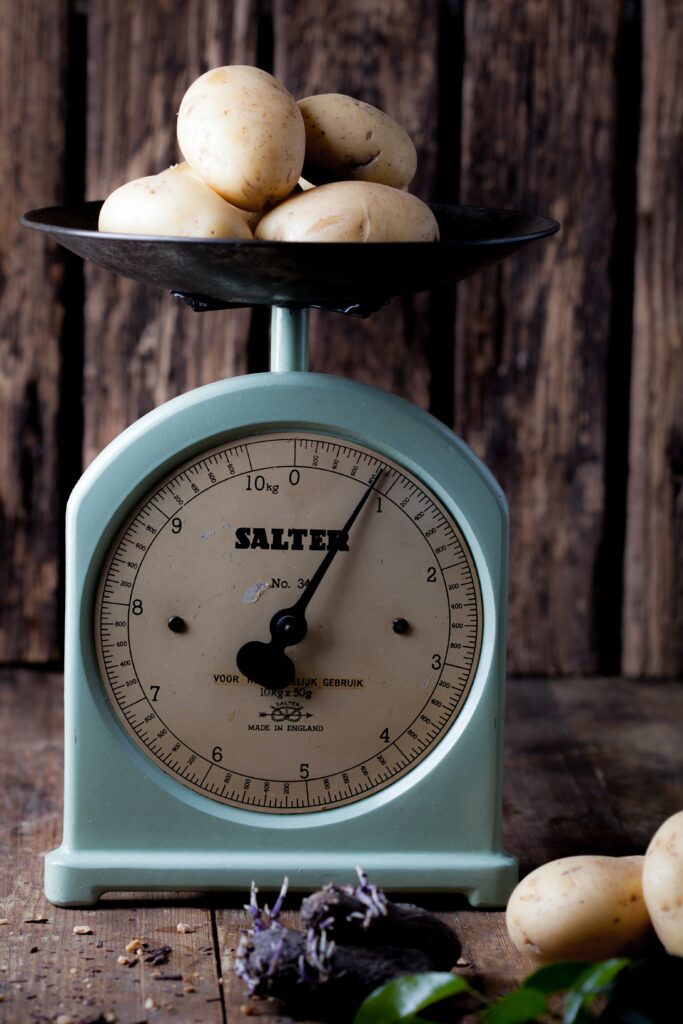Tracking your food. Why you should at least occasionally be tracking your food.

Why not?
I’ve heard so many reasons why people hate tracking the food or find it impossible to stick with. I get it! I have a busy life and know how challenging it can be to add anything to my day. I’ve personally struggled with disordered eating as well. I understand that tracking your food can become an obsessive tool.
Despite those obstacles, in the years that I’ve worked with people to improve their health I’ve also seen that when food tracking is done properly and focuses on the quality of the food NOT the calories, it can be one of the most powerful tools we have. Not only for those tracking, but for myself as a coach as well.
Here are the two main reasons I encourage everyone to track their food:
Reason #1: Just like when it comes to your PRs in the gym, if you don’t track you don’t know where you are and it’s incredibly difficult to improve. It’s so easy to lose sight of what we actually eat and drink in a day. Even myself there are times where I’m thinking “yeah I had a salad for lunch and some chicken and vegetables for dinner, I’m good!”?
How much food?
I start thinking about how I also had that handful of chocolate chips in between those two meals and I helped my son finish his snack of oranges and yogurt. Being hungry while I was making dinner, I snacked on chips and salsa, and on and on. If I am trying to reduce my body fat but I’m not getting the complete picture because I’m not tracking. I’m going to struggle with my goals. Food tracking takes away that grey area. Tracking allows us to see exactly what’s going in to our bodies which takes us to the second reason you should track your food.
Reason #2:
When we know exactly what’s going in to our bodies, we know exactly what to do to make progress. Whether you’re working with a coach or by yourself when you have a complete picture you can see patterns. Both the good ones as well as the ones that need to change. That can help us to create a detailed plan to make progress. If we create a plan that uses undefined goals, such as “I need to eat more protein”, we tend to get stuck, because what exactly is “more” anyways? When we can use the information from our food tracker and create a plan with details, “I need to add one serving of protein to my breakfast and lunch, I’m already getting it at dinner.” that is much easier to accomplish.
Bottom line, track your food.
BUT don’t feel like you need to do it for the rest of your life! Instead try it for a short, defined, period of time. For some people that may be three months. Others may only need to do it for a couple of weeks, or revisit it for a week here and there throughout the year. No matter what style works best for you, it can be a huge first step to improve your health.
OG has been positively impacting the lives of Bend, Oregon residents since May, 2009! Book an Introduction today!

